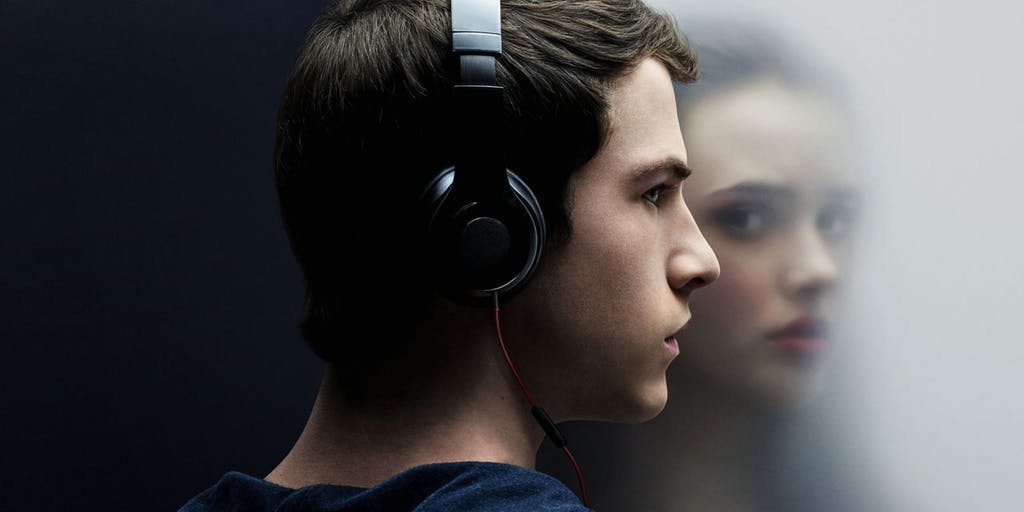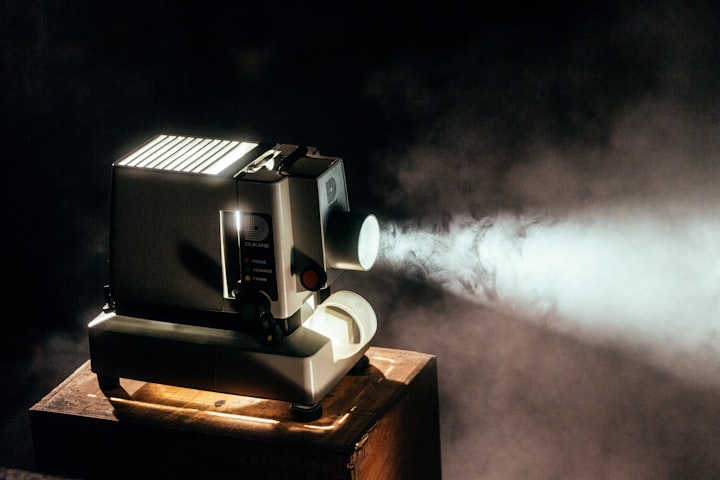'13 Reasons Why': Season 2 Review
Were all of the scenes really necessary?

If you haven't seen 13 Reasons Why, and want to, look away. There will be spoilers.
13 Reasons Why was created by Brian Yorkey and the second season was released on May 18, 2018.
If you've already seen the second season, you know which scene I am talking about with the question, "Were all of the scenes necessary?"
Yorkey took everyone by surprise in the last episode of the first season, giving viewers a full exposure (on screen) of what it looks like to take one's own life. Some were against the show from the start, just knowing the show was going to discuss suicide. Some turned away from the show because of the last episode. All those who stuck through it were in for another eye-opening and frightening scene.
There were multiple "on edge" scenes throughout the whole second season of the show, but the one that stirred up the most controversy was Tyler Down's (Devin Druid) bully scene, with Montgomery de la Cruz (Timothy Granaderos).
Any of 13 Reasons Why viewers were expecting a brutal scene, given the momentum from the first scene, but I am not sure that anyone was expecting the extremity that was delivered through Montgomery's broomstick.
Speaking with some friends of mine, I asked them what they thought about the scene. They simply said it made them uncomfortable and then promptly changed the subject to a simpler and lighter topic.
Given this, I think it's safe to say that this scene made everyone uncomfortable.
Though, wasn't that the intended reaction?
Yorkey discusses the issues among young people of America through each season (thus far) with multiple, but thematic issues. Each one revolves around bullying and the extreme reactions that bullying can provoke. Each episode builds upon these ideas, and slowly, the hard truth manifests, until the last episode.
The show right away gives the viewer a depiction of a young person's life in America and then builds on the hardships by slowly escalating difficult situations. Even with the buildup, the last episodes of both seasons take the audience by surprise. Each season finale gives the audience a hard truth to swallow: these things actually happen in real life.
Jay Asher, the author of the original book, has said that the stories of the first season are based on true stories that happened to either himself or people around him. Who is to say that the same isn't true for season two?
Many believe that "the broomstick scene" was not necessary, that it was too gruesome, too violent for the actual demographics of the TV show. Though there is a warning provided at the beginning of the episode, some say that it's not enough.
What some criticizers are forgetting is that these scenes are based on real stories, experienced by real people, who are at around the same age. Why should these scenes be censored when others have had them as realities in their lives? Should we, and young viewers, be exposed to these kinds of scenes simply because others have actually experienced them?
This is the centre of the conversation. How do we decide what the proper exposure is, or the proper censorship? How does one tell how much protection creates an ignorant individual, or how much exposure creates an individual: too dulled towards extreme situations?
I think 13 Reasons Why creates the kind of exposure necessary for real-life situations. It is true, there are many brutal kinds of shows and movies that teens and other young adults are viewing too often, so that now, they have become accustomed to it. But 13 Reasons Why gives an all too real aspect to it, so that the intended demographic has no choice but to relate on a personal level. Even the small actions of bullying some teens can do without thinking, it adds up at some point.
The show provides a different kind of exposure that the world hasn't experienced yet as a whole. These situations are no longer happening behind closed doors. The show now creates an environment in which no one has an excuse to be ignorant. Even if someone hasn't seen the show, they are bound to hear about it in one way or another.
Still, some say there are other ways to expose an audience to the brutality of bullying than "the broomstick scene." To be honest, a part of me agrees with this. The scene was very intense and sickening, and I wish that I hadn't seen it. I am hesitant to recommend the show to anyone who hasn't seen it, just because I might spare them from viewing that specific scene.
My thoughts and discomfort, though, do not stop these kinds of things from happening around the world. Just because I feel disgusted, doesn't mean that acts of bullying will never happen again. Yorkey and Asher bring the kind of exposure that is hard to process, but once it is, then comes an understanding, or at the very least, a sympathy. It causes someone to think twice about their actions, even the small ones, and how it will affect another.
The truth is this. We all have the potential to build up oppressive environments, just as the show does. Through our own small actions, and some big ones. Before we know it, we become surprised that such an extreme action has been taken by someone else to diminish another, either physically, mentally, or emotionally, and then we place all of the blame on the one who went to such extremes. We forget, as the show addresses in the first season, that we are all at fault in some way or another.
Thoughts?
About the Creator
Curiosity .
I write short stories, and reviews on short stories.
Thanks for taking the time to read my material!






Comments
There are no comments for this story
Be the first to respond and start the conversation.